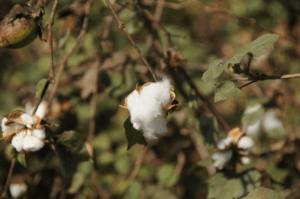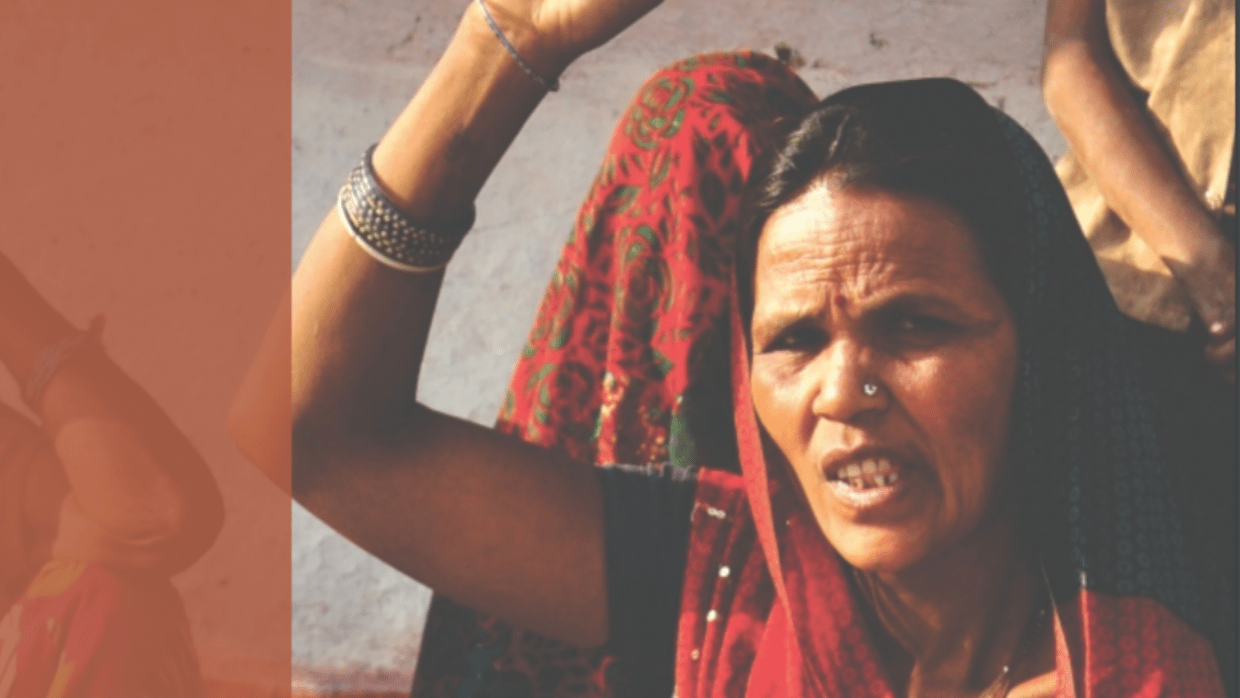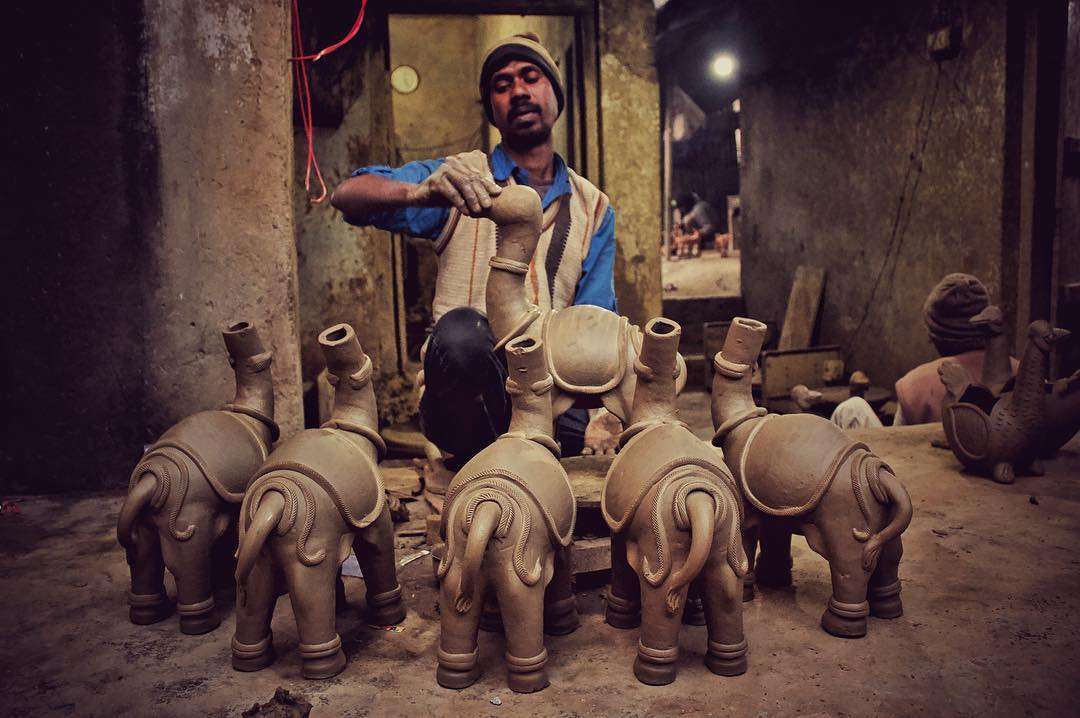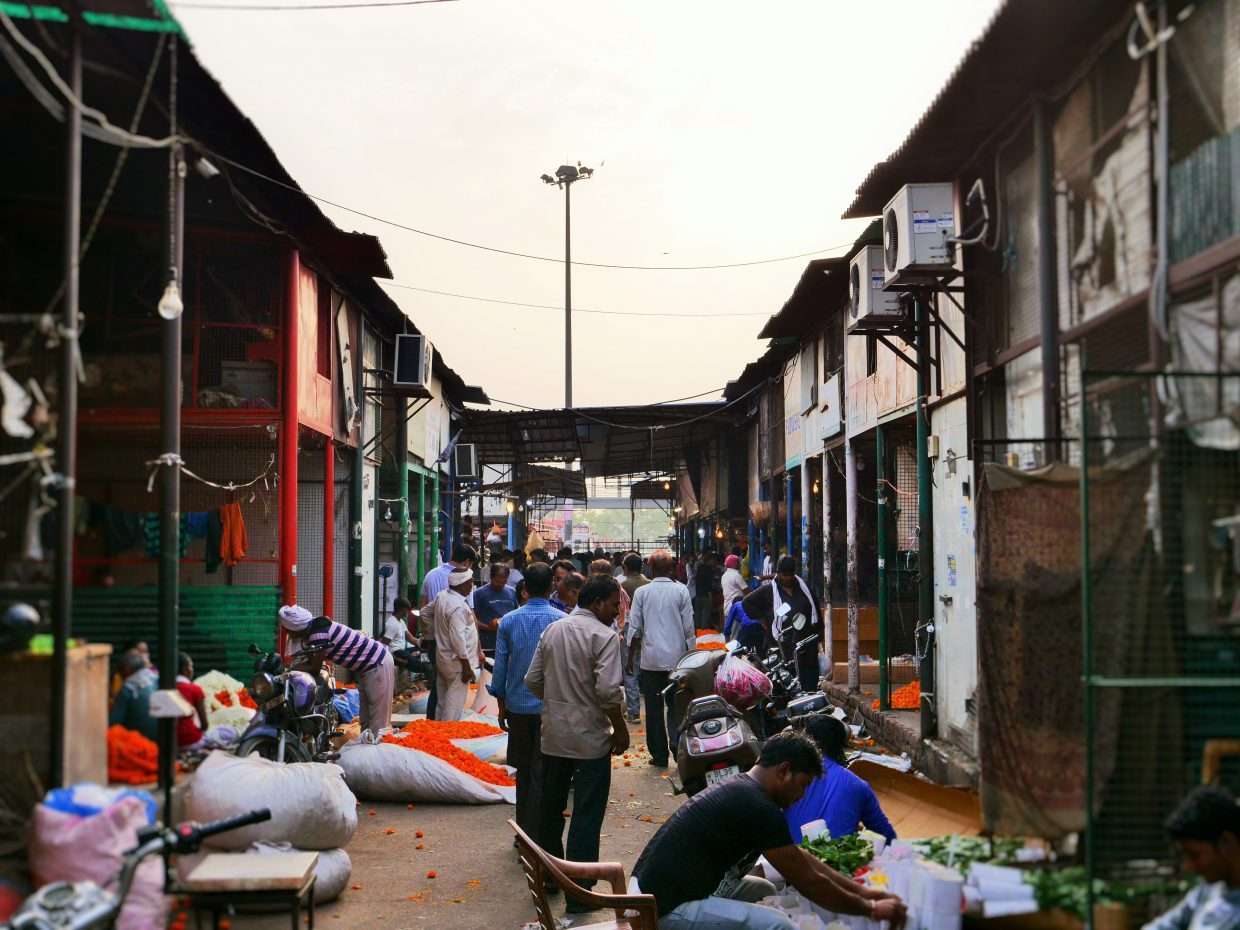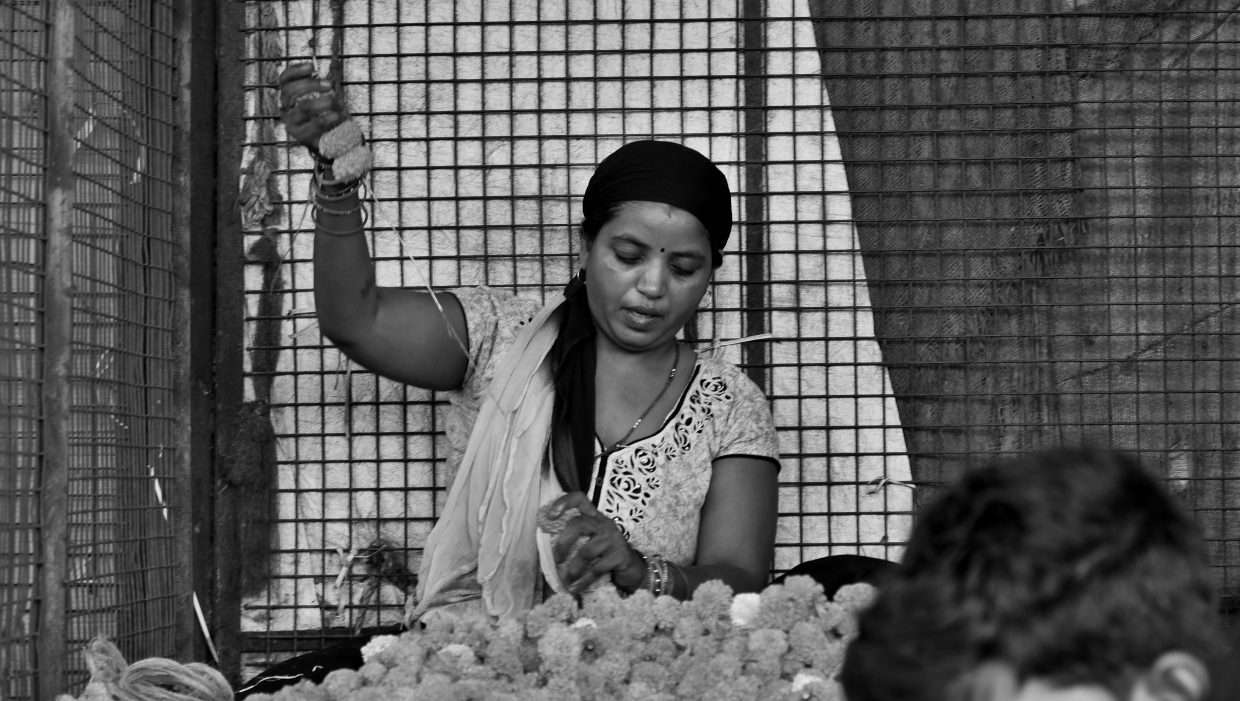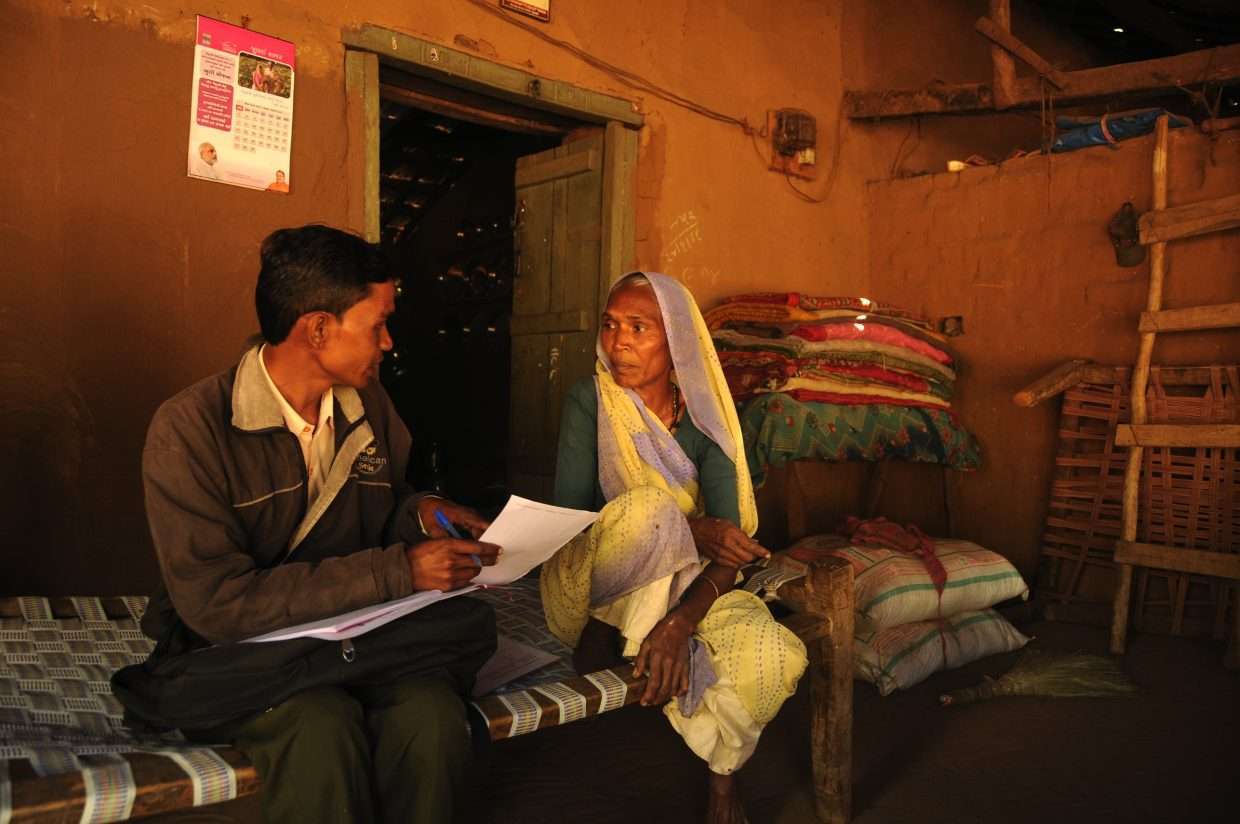This policy note presents findings from a study “Index Insurance to Manage Weather Risks: A Long-term Experiment” where the authors investigate the effectiveness of rainfall insurance as a tool to help farmers manage risk. The research also examines whether farmers … Read More
Publications
Marketing Weather-indexed Agricultural Insurance to Smallholder Farmers in Rural Gujarat, India
Shawn Cole, Maulik Jagnani, Lisa Nestor and Jeremy Tobacman | January 15, 2013
Self Help Group Bank Linkage: Through the Responsible Finance Lens
Parul Agarwal, Misha Sharma, Amulya Krishna Champatiray | January 14, 2013
The report presents findings from a study that attempts to answer the questions associated with the above mentioned objective by collecting primary data from SHGs and SHPIs across three states -Bihar, Madhya Pradesh and Karnataka.
Comprehensive Social Security for the Indian Unorganised Sector: Recommendations on Design and Implementation
Anand Sahasranaman, Vishnu Prasad, Swati Grewal, Nikhil Tambi, Shahid Vaziralli, Camille Boudot-Reddy | January 13, 2013
This report highlights challenges in the design and implementation of social security schemes in India, and draws out lessons for designing a comprehensive social security framework. The report delves into issues of ownership structure, program coverage, delivery architecture and specific … Read More
Agent Intermediated Lending: A New Approach to Microfinance
Pushkar Maitra, Sandip Mitra, Dilip Mookherjee, Alberto Motta, Sujata Visaria | January 12, 2013
In this paper, authors present findings from a study on trader agent intermediated lending (TRAIL), a new version of microfinance where local intermediaries (lenders) are appointed as agents to recommend borrowers for individual liability loans designed to allow the financing … Read More
The Diffusion of Microfinance
Abhijit Banerjee, Arun G. Chandrasekhar, Esther Duflo, Matthew O. Jackson | January 11, 2013
To study the impact of the choice of injection points in the diffusion of a new product in society, this study examined the impact of a word-of-mouth diffusion model and applied it to data on social networks and participation in … Read More
Poverty Impedes Cognitive Function
Anandi Mani, Sendhil Mullainathan, Eldar Shafir, Jiaying Zhao | January 10, 2013
The poor often behave in less capable ways, which can further perpetuate poverty. We hypothesize that poverty directly impedes cognitive function and present two studies that test this hypothesis. First, we experimentally induced thoughts about finances and found that this … Read More
Gender Differentials in the Seeking of Eye Care
Rajshri Jayaraman, Debraj Ray, Shing-Yi Wang | January 9, 2013
A central feature of many developing countries is the presence of significant gender differentials in health outcomes. In this working paper, authors present findings from a study on one potential factor which can account for this; namely, that females seek … Read More
Does the Classic Microfinance Model Discourage Entrepreneurship Among the Poor? Experimental Evidence from India
Erica Field, Rohini Pande, John Papp, Natalia Rigol | January 8, 2013
Do the repayment requirements of the classic microfinance contract inhibit investment in high-return but illiquid business opportunities among the poor? Using a field experiment, the authors of this paper compare the classic contract which requires that repayment begin immediately after … Read More
Barriers To Household Risk Management: Evidence From India
Shawn Cole, Xavier Giné, Jeremy Tobacman, Robert Townsend, Petia Topalova, and James Vickery | January 7, 2013
The study throws light on the factors: both price and non-price related that play a role in the choice of rainfall insurance, designed to hedge a major source of agricultural production risk. With households exhibiting such a pattern, it remains … Read More
Savings and the Poor
Deepti KC, Mudita Tiwari, Parul Agarwal | January 6, 2013
In this note, factors that inhibit the poor to save are being discussed at length with evidence from various CMF based findings as well as studies conducted in the same subject worldwide.
- « Previous Page
- 1
- …
- 18
- 19
- 20
- 21
- 22
- …
- 30
- Next Page »

